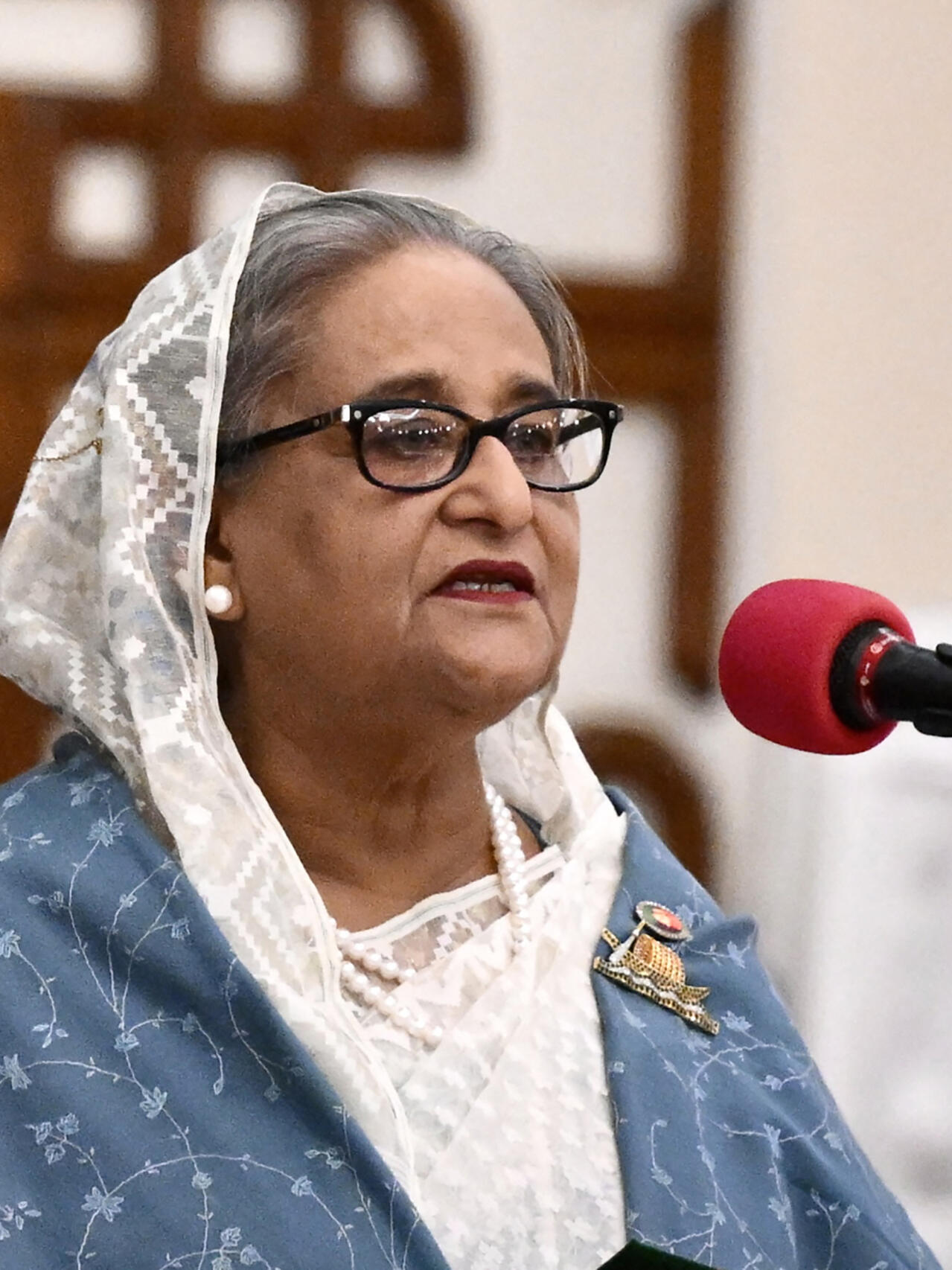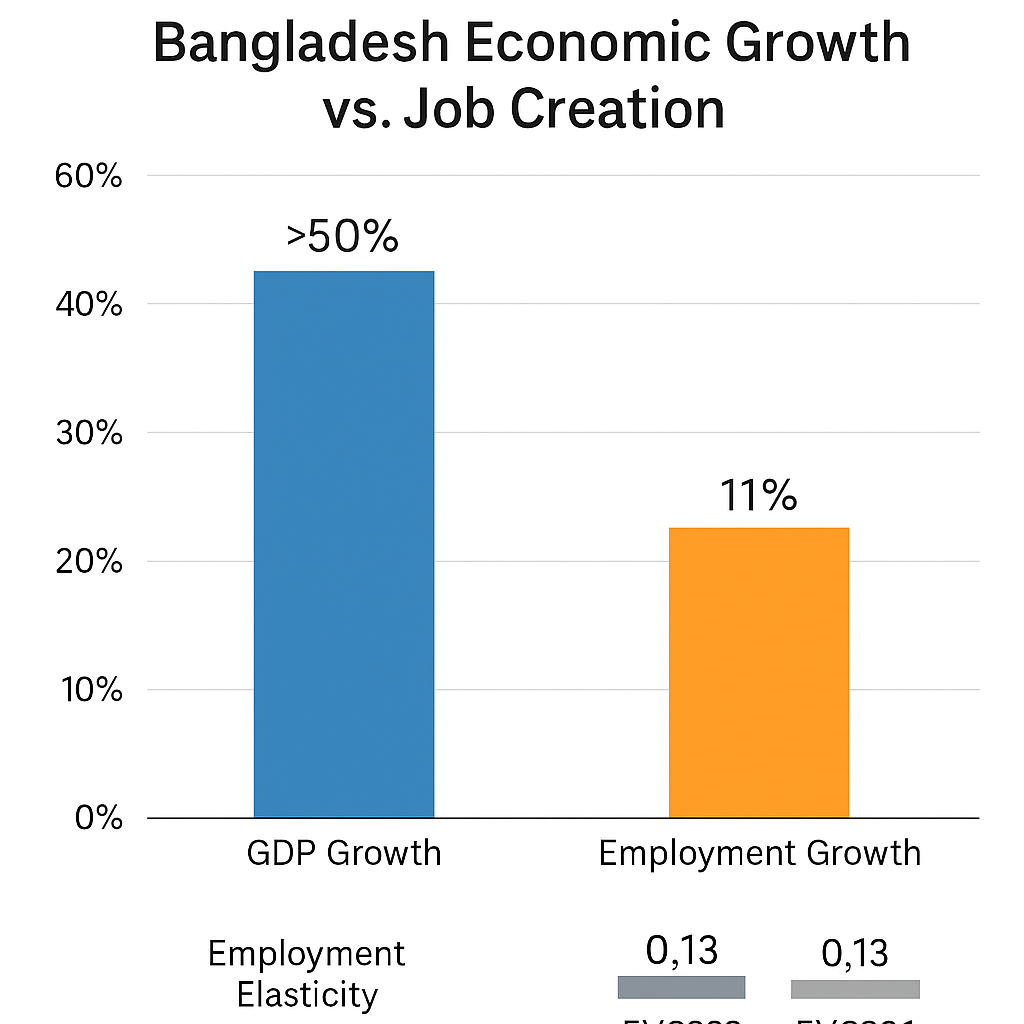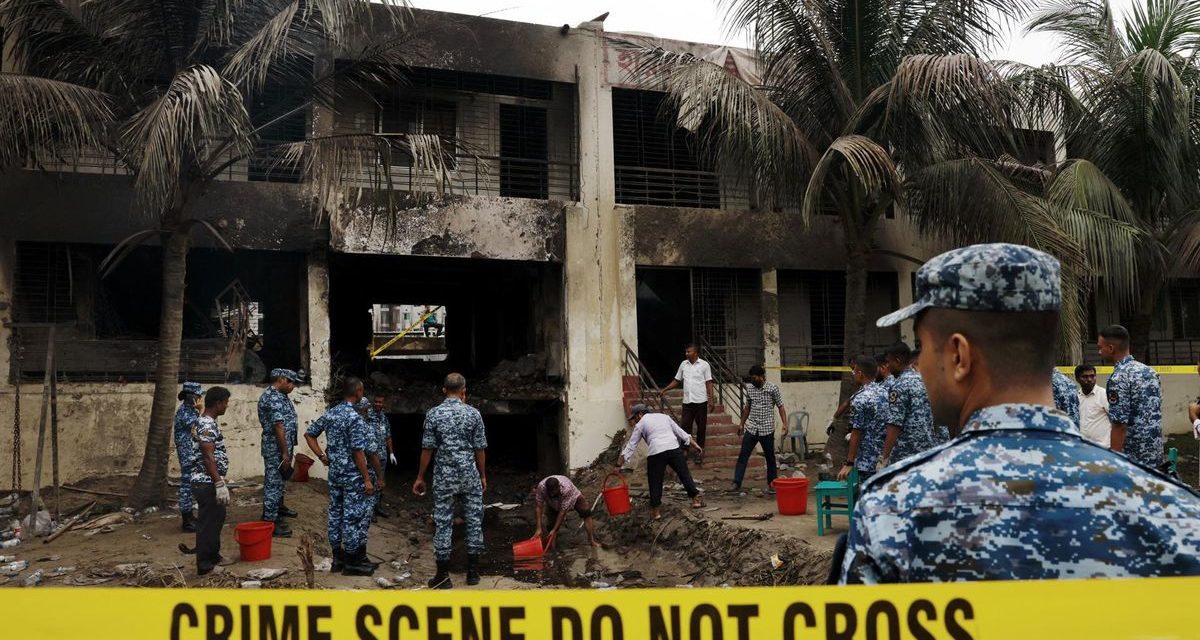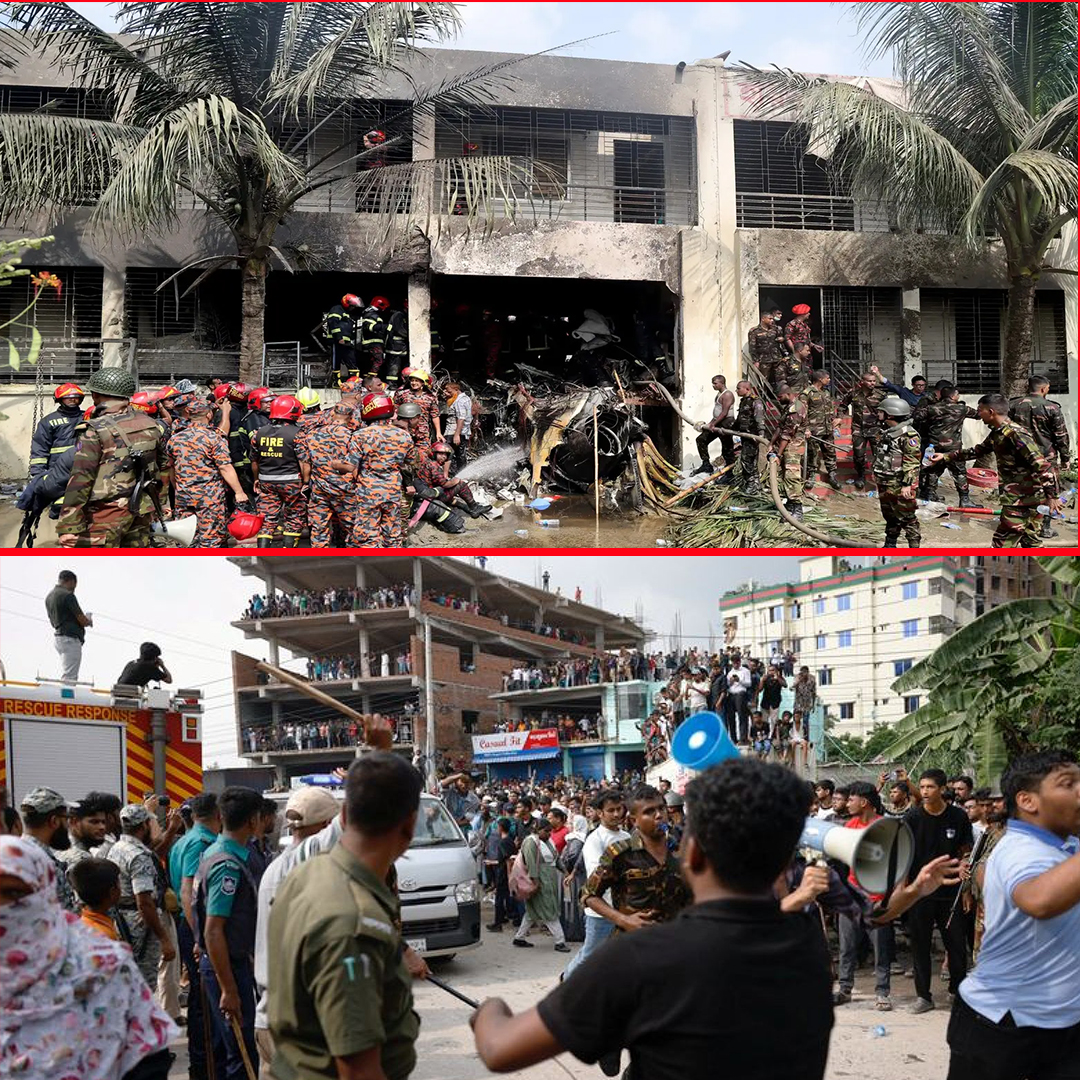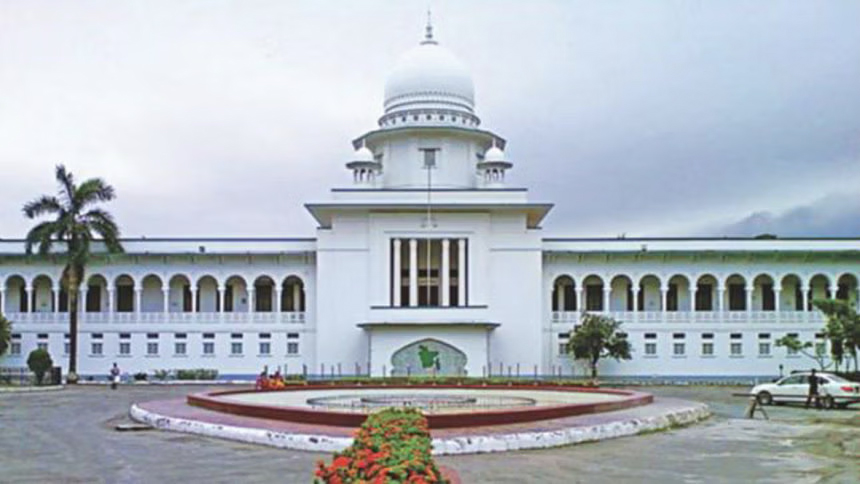
The government designates July 5, July 16, and August 8 for national observance to honor the 2024 student movement, martyr Abu Sayed, and the formation of the interim administration.
On June 26, 2025, the Government of Bangladesh officially declared three new national observance days, marking a significant move to institutionalize the memory of recent political events that reshaped the country. Through circulars issued by the Cabinet Division, the government designated July 5, July 16, and August 8 as days of annual national observance. These decisions reflect an effort to formally recognize the mass uprising of 2024, the martyrdom of a student protester, and the formation of the current interim administration. Each of the three days has been assigned a specific category of observance under the national framework: “Ka” category represents top-tier commemorations, while “Kha” represents secondary official status.
July 5 has been recognized as the most significant of the three and has been given “Ka” category status. This day marks the peak of the mass protests that began on July 1, 2024, and ultimately led to the fall of the Sheikh Hasina-led government on August 5, 2024. Millions of students and ordinary citizens had poured into the streets demanding political reform, accountability, and change. The uprising was marked by both determination and tragedy, as clashes with security forces escalated across major cities. The government now plans to honor this day every year with nationwide programs, including official ceremonies, speeches, and cultural events, aiming to preserve the memory of a movement that drastically altered the country’s political landscape.
July 16 has been designated to commemorate the martyrdom of Abu Sayed, a student of Begum Rokeya University in Rangpur who was killed during a police firing incident amid the protests. His death became a powerful symbol of sacrifice for the cause of democratic reform and justice. The observance of this day has been categorized as “Kha,” indicating its importance in the national calendar without necessitating a public holiday. The government has directed all educational institutions and public organizations to organize special prayers, seminars, and remembrance programs to honor Abu Sayed and reflect on the price paid for political transformation.
August 8 has been declared as “New Bangladesh Day,” commemorating the formal establishment of the interim government led by Nobel Laureate Professor Muhammad Yunus. Following the resignation and removal of the previous administration on August 5, the transitional government was officially sworn in on August 8, 2024. This new administration pledged to uphold democracy, ensure justice, and rebuild national institutions. The observance of August 8 also falls under the “Kha” category. The government has encouraged all ministries and agencies to highlight the milestones achieved under the interim government and reflect on the goals of building a transparent and equitable Bangladesh.
The distinction between “Ka” and “Kha” categories is important in understanding how Bangladesh recognizes national days. Events under the “Ka” category are granted the highest level of recognition, often involving government holidays, mandatory programs in schools, official television broadcasts, and participation from top government officials. “Kha” category events are also officially observed but with less formal protocol and no mandatory holiday. They often involve smaller commemorative events, media coverage, and educational discussions rather than full-scale national celebrations.
The decision to declare these new national days is rooted in the turbulent events of 2024. The student-led uprising, which began as a call for education reforms, quickly evolved into a massive pro-democracy movement after authorities responded with force. The death toll from the protests remains a subject of debate, with the government acknowledging 834 deaths while international human rights observers and local journalists suggest the number could be over 1,400. Thousands were injured or arrested, and many families are still seeking justice. The movement reached its climax when Sheikh Hasina’s administration resigned in early August 2024, under both domestic and international pressure, paving the way for the installation of a neutral interim government.
Abu Sayed’s death on July 16, in particular, drew widespread national mourning and galvanized support for the protesters. Images of the young student bleeding on campus grounds circulated widely on social media, prompting renewed rallies and international condemnation. His name quickly became synonymous with courage and youthful resistance. The declaration of a day in his name ensures that his memory and sacrifice will remain part of the country’s official historical record.
The establishment of the interim administration under Professor Yunus marked a dramatic shift in governance. Promising transparency, social justice, and a break from political violence, the new government initiated a series of reforms in sectors ranging from law enforcement to education and electoral management. Recognizing August 8 as the starting point of this new phase reinforces the importance the current administration places on the legitimacy and future of this political reset. Observances on this day are expected to include national speeches, televised programs reflecting on the transition, and cultural exhibitions portraying the aspirations of the new Bangladesh.
The inclusion of these three days in the national calendar is more than symbolic. It signals a government-sanctioned narrative about what happened during those turbulent weeks in mid-2024, and who should be remembered and honored. These declarations are also meant to foster unity and reflection, encouraging citizens to remember the struggle, the cost of freedom, and the hope for a better political future. At the same time, critics argue that such government moves risk politicizing memory and excluding alternative viewpoints, particularly those of groups that were sidelined or persecuted during the transition. Nonetheless, for many in the country, these commemorations are a necessary step toward national healing and historical accountability.
As Bangladesh moves forward under new leadership, these annual observances will play a crucial role in shaping public understanding of recent history. They ensure that the lessons of the past year—both painful and inspiring—are not forgotten. Through formal ceremonies, educational outreach, and cultural programming, the country aims to pass on to future generations the story of how ordinary students became the catalyst for extraordinary change.
source : thedailystar.


